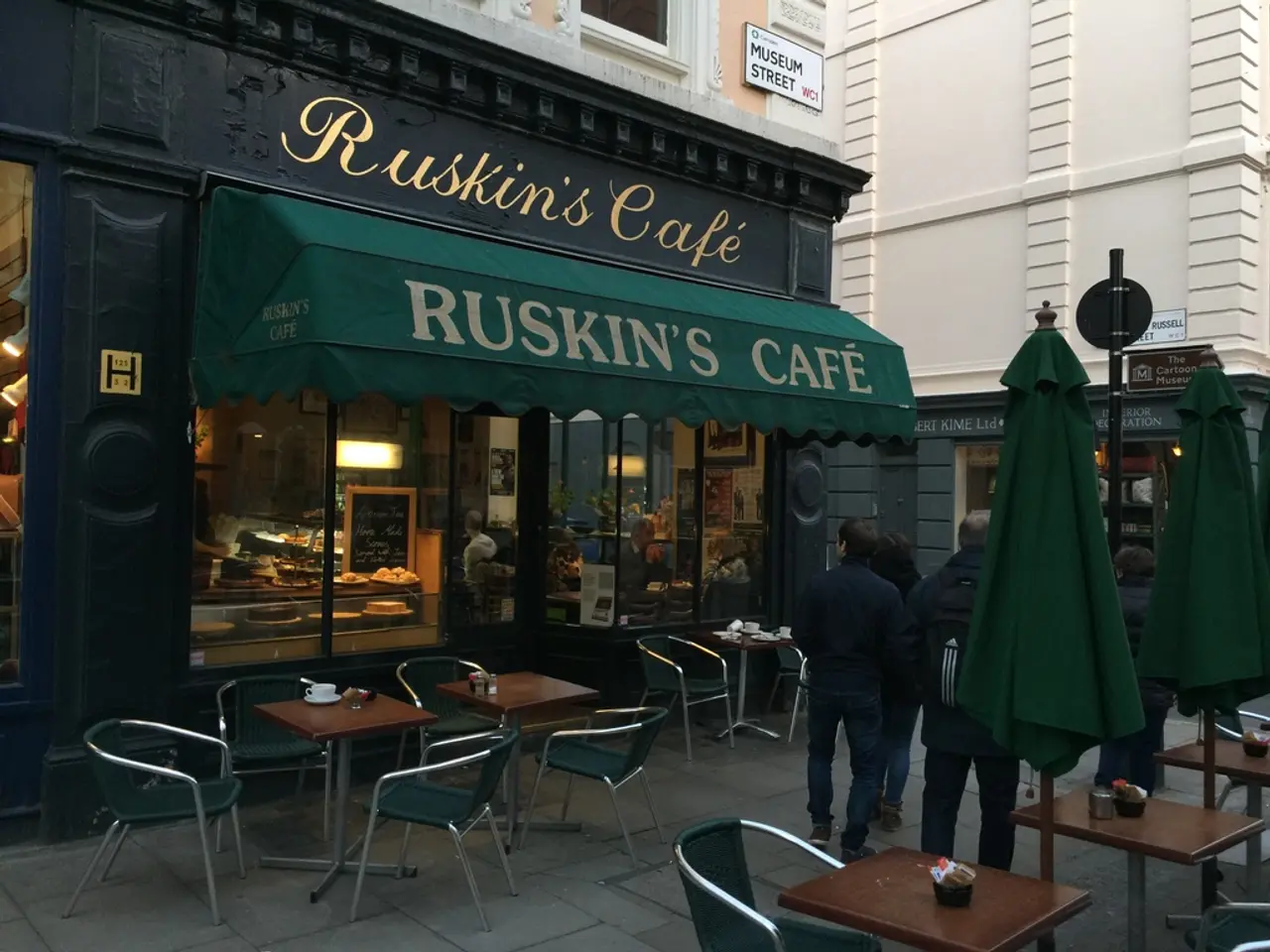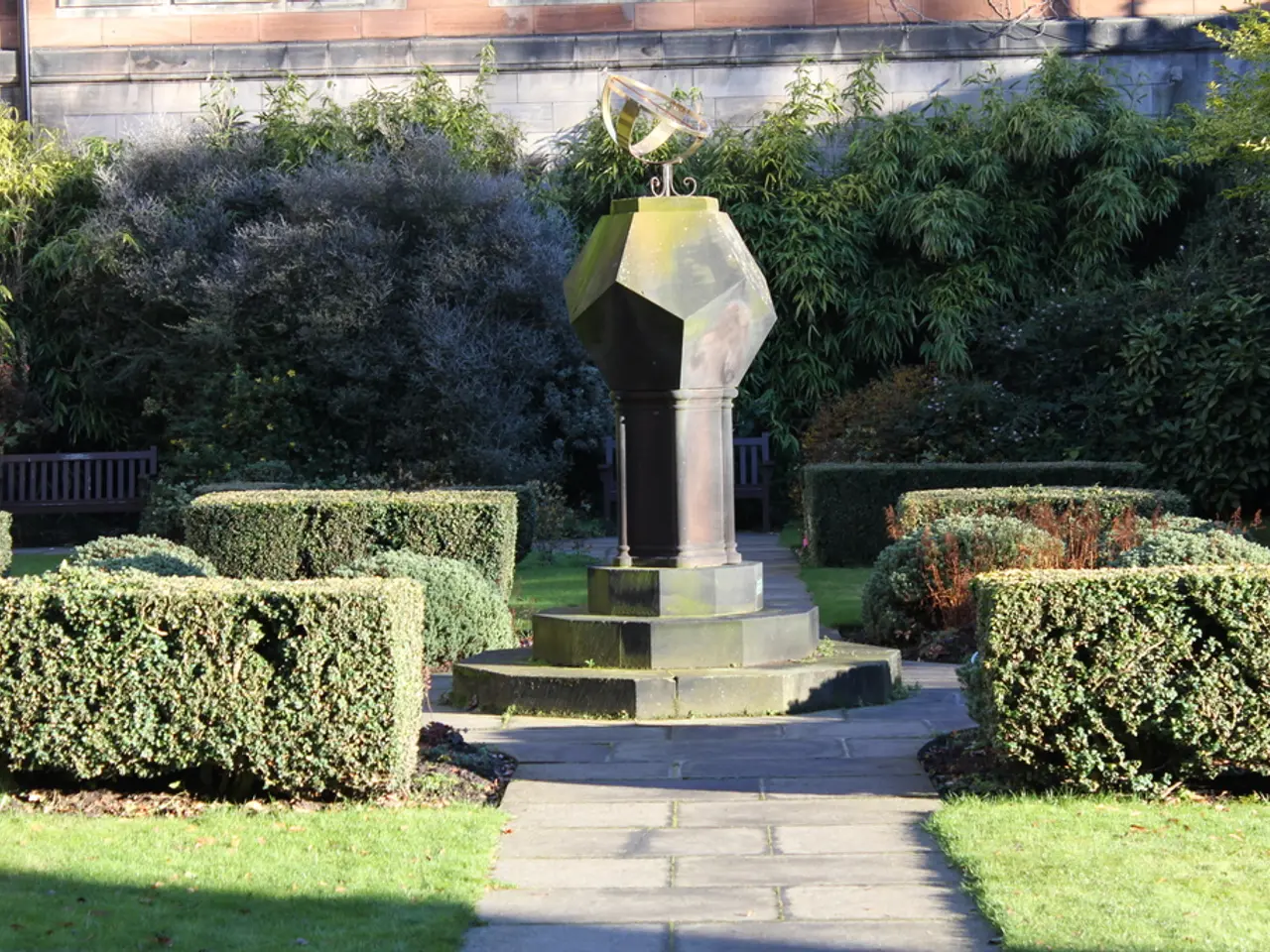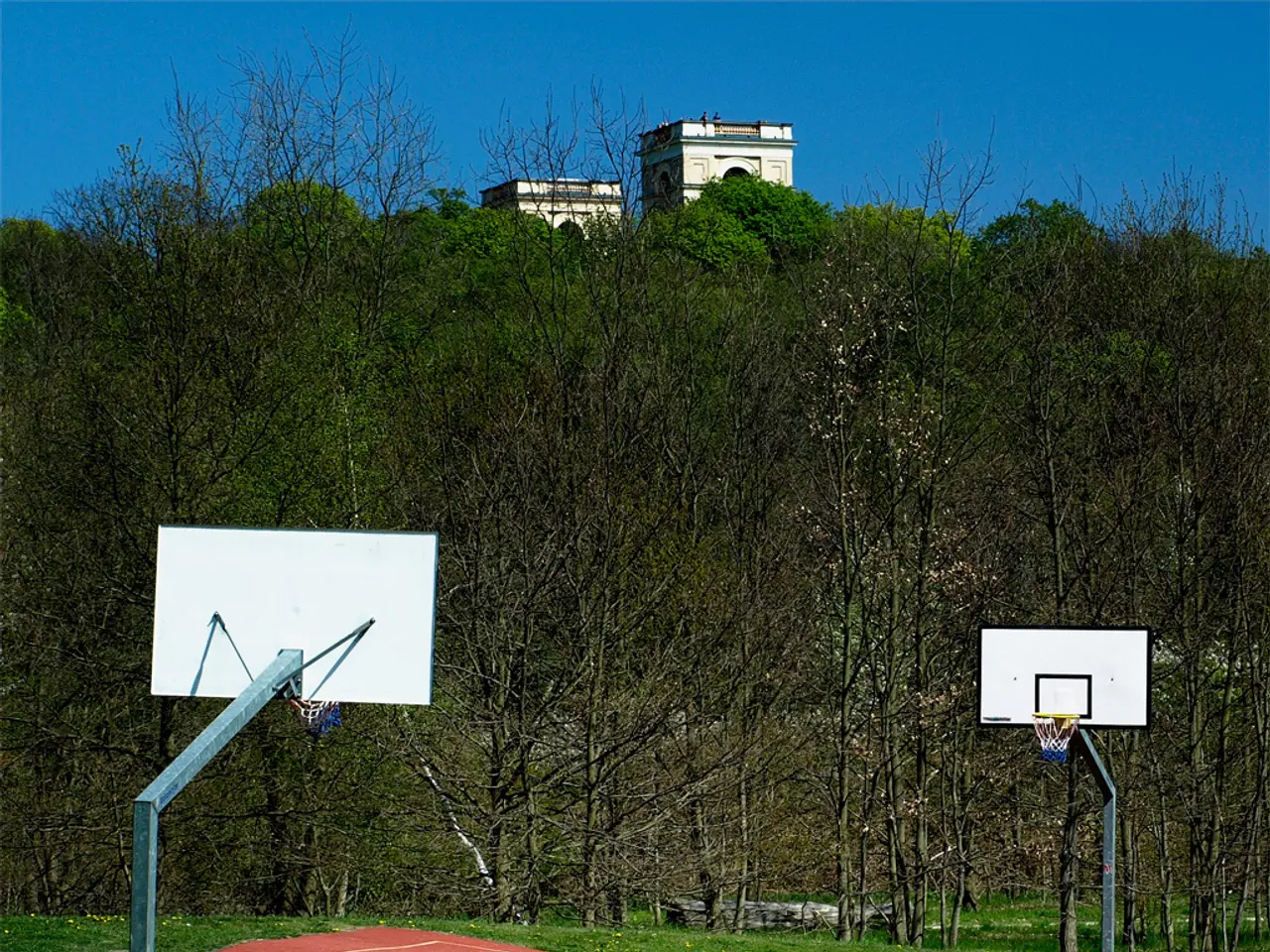Despite the closure of the author's eatery in Yakutsk, a renowned liquor store has newly emerged.
In the heart of Siberia, Yakutsk is witnessing a unique transformation in its dining and drinking scene. While respected establishments like The Republic restaurant temporarily close their doors, informal alcohol-selling venues, or "pouring spots," continue to expand.
This trend can be attributed to a combination of socio-economic and regulatory factors common in some Russian regions. Economic difficulties and the decline of formal businesses lead to the closure of legitimate establishments, creating a vacuum that "pouring spots" fill. These less regulated venues can operate with lower overhead and sometimes informally avoid taxes or regulations, making them financially viable even during economic downturns.
Enforcement of anti-alcohol laws in remote or economically challenged regions like Yakutsk can be uneven or weak, allowing informal alcohol vendors to expand even if official venues close. High levels of alcohol consumption and cultural acceptance of informal drinking venues further sustain demand, encouraging the proliferation of such places despite official discouragement.
The expansion of the "PivoRub" network of "pouring spots" is a clear example of this trend. With around 16 locations in the city, they continue to grow, despite anti-alcohol measures. Establishments like Balyksyt, the oldest in the city, have reopened after reconstruction and even expanded, adding a second floor to their serving hall.
Interestingly, some "pouring spots" operate near residential buildings, but they formally meet the 75 square meter requirement set for alcohol trading near residential buildings in Yakutsk. A new establishment with beer, vodka, and snacks has recently opened on Lermontov Street, near a residential building.
The closure of establishments like Beketov, Daley Cafe, Waffle Coffee, Para Bocalov, Doki, and Red Star this year further illustrates this shift. However, it is predicted that these "pouring places" will reopen elsewhere within two months.
Despite these developments, some view this shift as a concern. Alexander Arinosov, co-chairman of the Yaroslavl branch of OPORA RUSSIA, stated that increasing the required area for alcohol establishments to 75 square meters is killing normal, legal businesses. City authorities claim that this move will result in closing around 70 "pouring spots."
However, the resilience of "pouring spots" such as Balyksyt, which have survived several anti-alcohol campaigns, suggests that they may continue to adapt and thrive in Yakutsk's changing landscape.
[1] Source: Various regional economic studies and reports on the impact of coal mine closures and industrial decline on Siberian economies.
- The dining and drinking scene in Yakutsk, Siberia, is undergoing a distinctive transformation, with formal establishments like The Republic closing but informal "pouring spots" advancing.
- Economic struggles and the demise of formal businesses contribute to the closure of legitimate establishments, leaving a void that "pouring spots" exploit.
- These unregulated venues can run with lower operating costs and sometimes circumvent taxes or regulations, ensuring viability even during economic slumps.
- In Yakutsk, enforcement of anti-alcohol laws can be lax, enabling informal alcohol vendors to flourish when official venues shut down.
- The proliferation of such venues is echoed in the growth of the "PivoRub" network, which operates in over 16 locations within the city.
- Certain "pouring spots" function near residential buildings, complying with the 75 square meter requirement for alcohol trading near residences in Yakutsk.
- The shuttering of eateries like Beketov, Daley Cafe, Waffle Coffee, Para Bocalov, Doki, and Red Star this year epitomizes the shift towards "pouring spots."
- Though some express apprehension, the consistent resurrection of "pouring spots" like Balyksyt, despite anti-alcohol campaigns, indicates they will likely persist in Yakutsk's evolving atmosphere.




